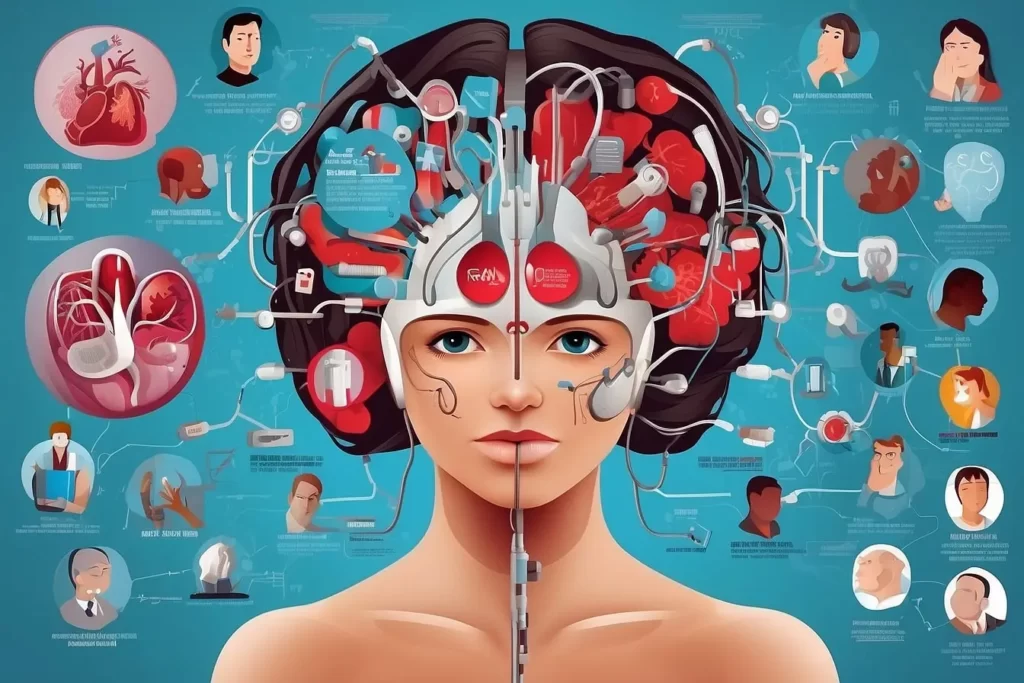
Human Evolution in the Future Exploring the Path Forward
Introduction: The Ongoing Saga of Human Evolution
Human evolution is a captivating narrative that spans millions of years. From our humble beginnings as early hominids to our current status as Homo sapiens, the story of human evolution is one of adaptation, innovation, and survival. However, the journey of human evolution is far from over. In the future, as we continue to shape our environment and unlock the potential of advanced technologies, the trajectory of human evolution is poised to take a new and exciting turn. This article delves into the possibilities and challenges of human evolution in the future, examining various aspects that may shape our species’ destiny.
1. Genetic Evolution and Bioengineering
A Brave New World of Genetic Manipulation
In the future, advancements in genetic engineering will undoubtedly play a pivotal role in human evolution. The ability to manipulate our own genetic code may allow us to enhance our physical and cognitive abilities, resist diseases, and potentially increase our lifespan. Ethical and moral concerns regarding the extent to which we should modify our genes will become increasingly prominent.
Designer Babies and Genetic Diversity
The concept of “designer babies” raises questions about the potential loss of genetic diversity. If parents can select specific traits for their children, what will happen to the variety of human attributes that have evolved over millennia? Striking a balance between personal choices and maintaining genetic diversity will be a critical challenge.
2. Technological Evolution: Merging Man and Machine
The Cyborg Revolution
The merging of humans with machines, often referred to as transhumanism, is a fascinating aspect of future human evolution. As technology advances, we might see neural interfaces, brain-computer integration, and even the replacement of biological organs with synthetic ones. This convergence of biology and technology could redefine the boundaries of what it means to be human.
The Ethical Dilemmas of Transhumanism
Ethical questions will emerge surrounding issues like privacy, access to enhancement technologies, and the potential creation of an augmented elite. The debate over the morality of merging humans with machines will be an essential part of the conversation about the future of human evolution.
3. Cultural and Societal Evolution
Globalization and Cultural Homogenization
The world is becoming increasingly interconnected, leading to the exchange of ideas, cultures, and beliefs on an unprecedented scale. As a result, the future may see the blurring of cultural boundaries and the emergence of a more globalized culture. The evolution of human society will be deeply impacted by this cultural fusion.
Challenges of a Hyperconnected World
While globalization brings many benefits, it also presents challenges, including potential cultural clashes, economic inequalities, and the need for effective governance on a global scale. The evolution of our societal structures will be instrumental in addressing these issues.
4. Environmental Adaptation
Climate Change and Human Resilience
As climate change accelerates, humans will face the necessity of adapting to new environmental challenges. Future human evolution may include physical and behavioral adaptations to cope with a warmer, more volatile world. The ability to harness technology to mitigate climate change will also play a significant role in our survival.
Space Colonization and Extraterrestrial Evolution
In a more distant future, humans may colonize other planets, leading to unique evolutionary trajectories. Adapting to the harsh conditions of space and different planetary environments will require significant biological and technological advancements.
5. Cognitive Evolution: The Expanding Mind
Education and Lifelong Learning
The future of human evolution may include an emphasis on cognitive development. With the advent of advanced educational technologies, lifelong learning will become a cornerstone of our society, fostering intellectual growth and adaptability.
Mental Health and Emotional Evolution
As we gain a deeper understanding of the human mind, the future may hold the promise of emotional and mental evolution. Advances in psychology and neuroscience could lead to a more emotionally intelligent and resilient society.
Conclusion: Navigating the Uncharted Waters of the Future
The future of human evolution is a complex and multifaceted journey. It encompasses genetic, technological, cultural, environmental, and cognitive aspects that will shape the course of our species. The challenges and opportunities are immense, and the decisions we make in the coming years will have profound implications for the trajectory of human evolution.
Balancing the benefits of genetic engineering with ethical concerns, navigating the uncharted waters of transhumanism, and addressing the cultural and societal implications of globalization are just a few of the intricate challenges we face. Our ability to adapt to a changing climate and potentially colonize other planets represents another dimension of our future evolution. Moreover, the expansion of human cognition and emotional intelligence adds a unique dimension to the human experience.
In this future, human evolution will be driven not only by natural selection but also by human choices, innovations, and the collective will of our species. How we manage these challenges and opportunities will determine the direction and pace of human evolution in the years to come.
The story of human evolution is far from over; it is, in fact, entering a new chapter. The narrative is still being written, and humanity stands at the precipice of a remarkable future—one where our own actions will guide our evolution. The decisions we make today will shape the humans of tomorrow.






